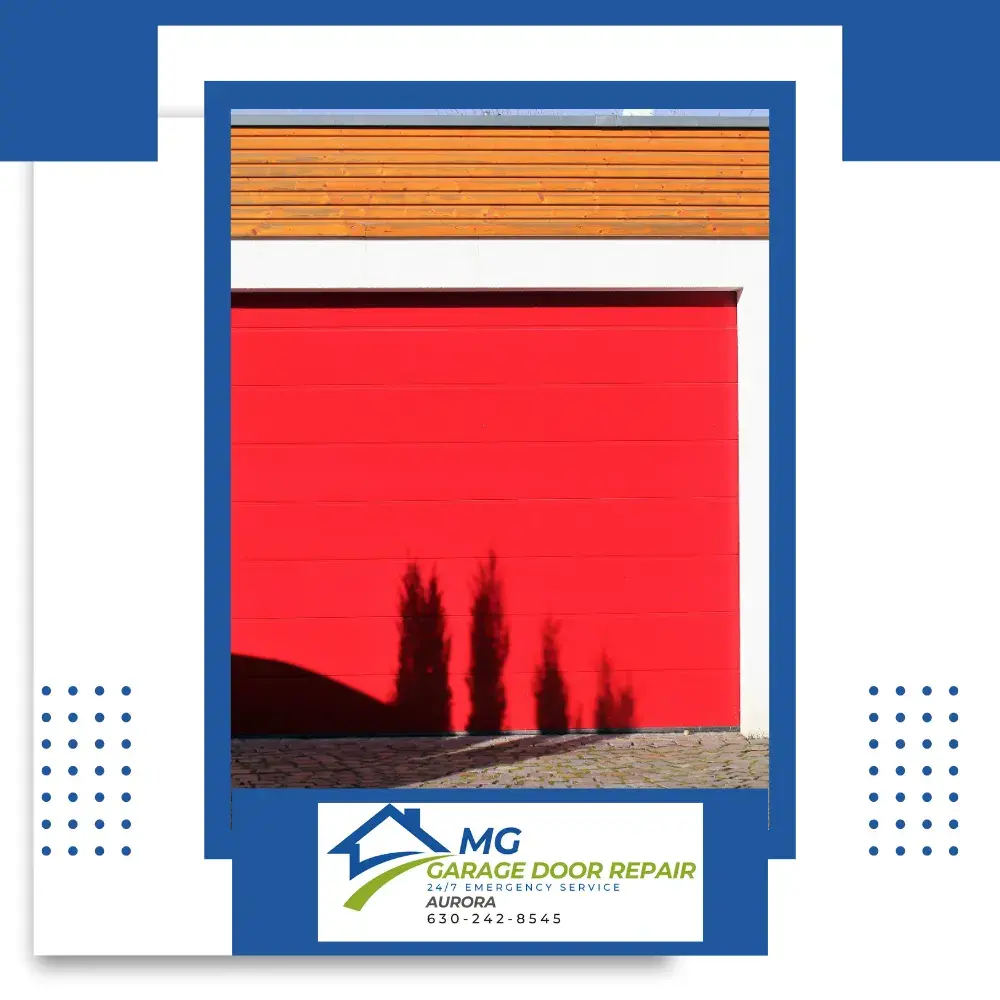When it comes to garage door installation, understanding the distinctions between residential and commercial applications is crucial. The choice between these two types of installations can significantly impact functionality, aesthetics, and costs. Both residential and commercial garage doors serve essential roles, but they cater to different needs and environments.
Design and Aesthetic Considerations
Residential garage doors often prioritize curb appeal and blend seamlessly with the home’s architectural style. They are available in various materials, colors, and styles, from traditional wooden designs to modern steel options. Homeowners typically focus on enhancing their property’s appearance and increasing its value through thoughtful design choices.
In contrast, commercial garage doors are designed with functionality in mind, often featuring more utilitarian designs. They may include larger openings to accommodate vehicles and equipment while prioritizing durability. Business owners frequently opt for heavy-duty materials that withstand the rigors of daily use, focusing less on aesthetics and more on practicality and security.
Material and Durability Requirements
The materials used in garage door installation differ significantly between residential and commercial settings. Residential doors are commonly made from materials like fiberglass, wood, or aluminum, which offer a balance of aesthetics and functionality. These materials are often lighter and designed for residential use, providing insulation and energy efficiency for homes.
On the other hand, commercial garage doors typically utilize stronger materials such as reinforced steel or heavy-duty aluminum. These materials are essential for handling the high volume of traffic seen in commercial environments. They offer enhanced security features and the ability to withstand impacts and harsh weather conditions, ensuring the longevity of the installation.
Operational Mechanisms and Maintenance
When considering garage door installation, it’s essential to examine the operational mechanisms of both types. Residential garage doors often employ standard opener systems, which are typically sufficient for the lower frequency of use. Homeowners may choose automatic openers that offer convenience and ease of access.
Conversely, commercial garage doors may require specialized opening systems, such as high-speed or rolling doors, to accommodate the frequent use and larger openings needed for delivery trucks and service vehicles. The maintenance requirements also vary; commercial doors demand more rigorous upkeep due to their usage levels. Regular inspections and maintenance are vital to prevent breakdowns and ensure operational efficiency in a commercial setting.
Cost Implications and Installation Process
Cost is another critical factor that differentiates residential from commercial garage door installation. While the price of residential installations varies based on material and design, they generally fall within a lower price range. Homeowners may prioritize budget-friendly options that enhance the home’s appearance without compromising quality.
Commercial installations, however, often come with higher upfront costs due to the materials, size, and specialized mechanisms required. Business owners must consider the long-term investment in durability and maintenance, as a well-installed commercial garage door can save money in repairs and replacements over time. Engaging professional installers experienced in commercial systems ensures that businesses receive the appropriate advice and installation tailored to their unique needs.
In summary, whether considering residential or commercial garage door installation, understanding the differences can lead to more informed decisions that align with specific needs and objectives.
Learn More

